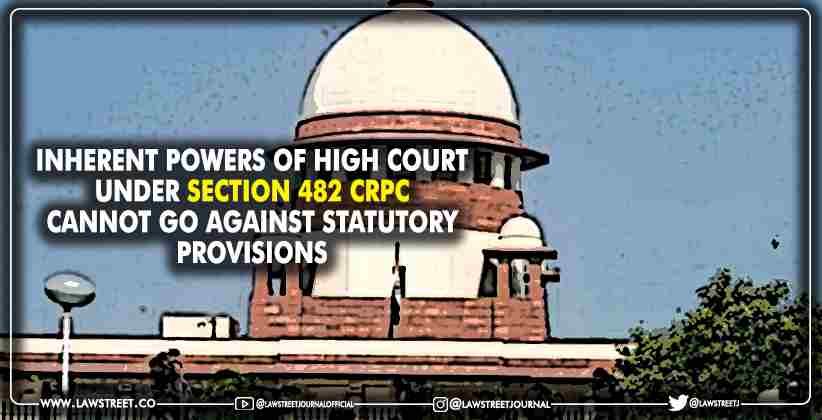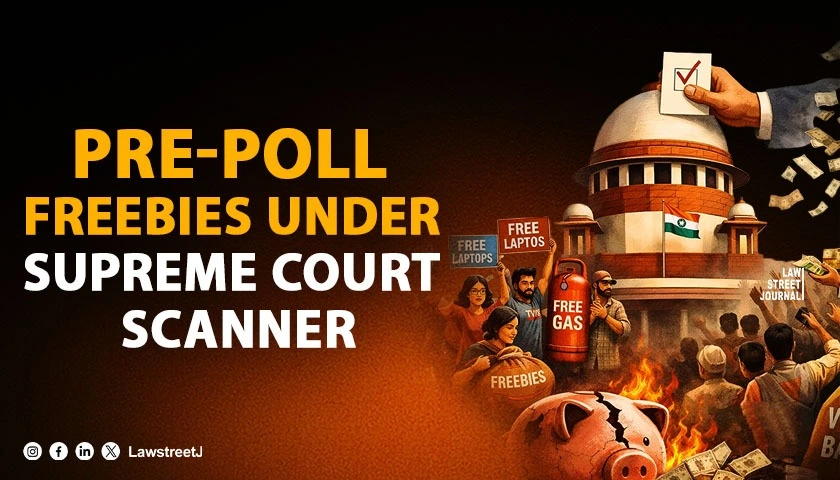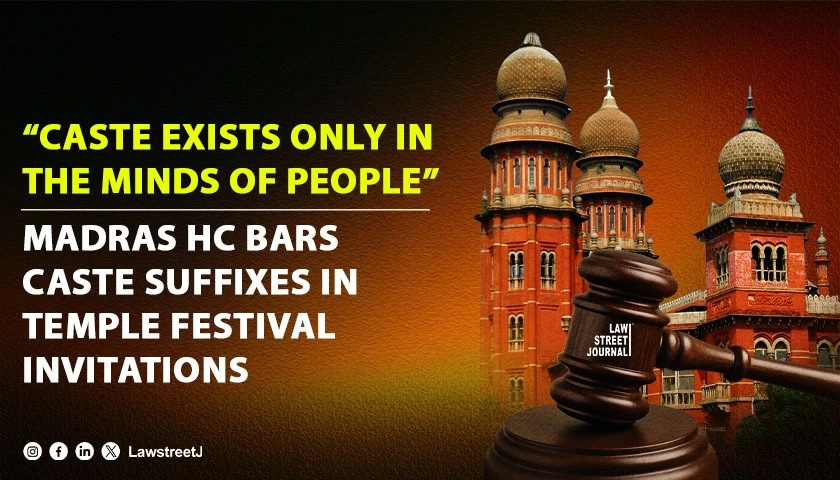The Supreme Court while hearing a criminal appeal from Guwahati High Court (Sandeep Khaitan v. JSVM Plywood Industries Ltd.) observed that the powers of High Courts under Section 482 (Saving of inherent powers of High Court) of the Code of Criminal Procedure, 1973 cannot be used to overlook the undermining of a statutory dictate.
The appeal was heard by a bench comprising of Justices U. U. Lalit and K.M. Joseph.
The appeal was against an order of the Guwahati High Court which allowed the respondent company to operate its bank account maintained with the ICICI Bank Bhubaneswar and to unfreeze the bank account of its creditors over which the lien has been created.
The appellant is an Interim Resolution Professional duly appointed to oversee the resolution activities of the corporate debtor, National Plywood Industries Ltd., under the Insolvency and Bankruptcy Code, 2016. At the initiation of the resolution processes, a moratorium was applied to all outstanding debts of the corporate debtor.
It was alleged by the appellant that the former Managing director of the corporate debtor in connivance with the respondent company, which is one of the operational creditors, transferred to the latter Rs. 32 Lakhs. This transfer is illegal as it was not authorised by the appellant.
When the transfer came to his notice, the appellant filed an FIR against the respondent and the Managing Director of the corporate debtor. Also, ICICI Bank Bhubaneswar has placed a lien on the bank account of the respondent company.
Additional proceedings were started in National Company Law Tribunal, Guwahati citing that the corporate debtor was not cooperating with the resolution processes.
The National Company Law Tribunal by its order directed that all the bank accounts of the corporate debtor be frozen.
The respondent company filed a petition under Section 482 of the Code of Criminal Procedure, 1973 seeking directions to make its and the debtor's bank accounts operational. The High Court considered the matter and concluded that the transfer of money was lawful as both the company had a commercial relationship. The High Court accepted the argument that the transfer was payment for the supply of raw materials. The Court allowed the petition and granted the relief sought.
However, on appeal, the Supreme Court after careful consideration of the matter held that the transfer of money after the appointment of the Interim Resolution Professional can happen only under his authorisation. The Supreme Court observed that:
The provisions of the IBC contemplate resolution of the insolvency if possible, in the first instance and should it not be possible, the winding up of the Corporate Debtor. The role of the insolvency professional is neatly carved out. From the date of admission of application and the appointment of Interim Resolution Professional, the management of the affairs of the Corporate Debtor is to vest in the Interim Resolution Professional. With such appointment, the powers of the Board of Directors or the partners of the Corporate Debtor as the case may be are to stand suspended.
The Supreme Court also observed that in passing the interim order the High Court has neglected the statutory limits to powers of the High Court under Section 482 of the Code of Criminal Procedure, 1973. The transactions validated by the High Court go against the provisions of the Insolvency and Bankruptcy Code, 2016. The court in its judgement held that:
The power under Section 482 may not be available to the Court to countenance the breach of a statuary provision. The words 'to secure the ends of justice in Section 482 cannot mean to overlook the undermining of a statutory dictate, which in this case is the provisions of Section 14 and Section 17 of the IBC."







